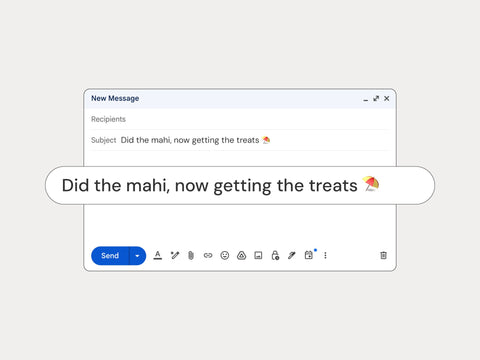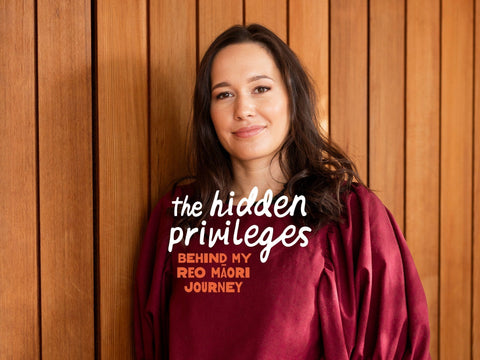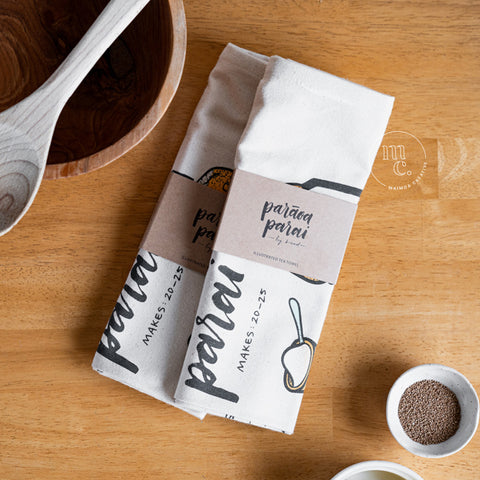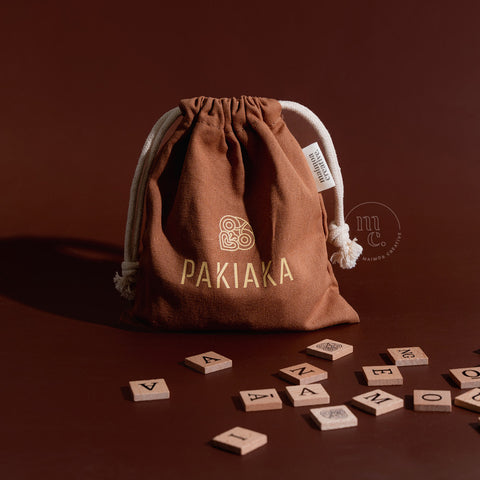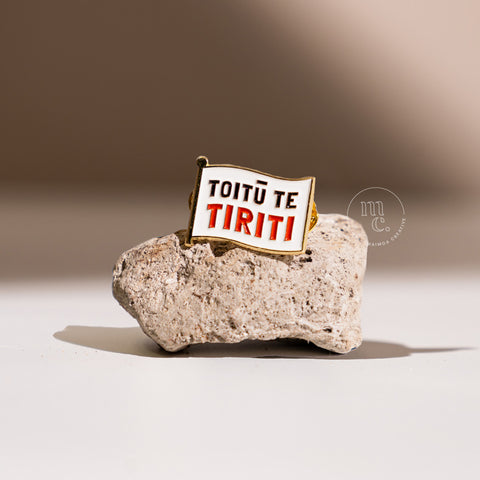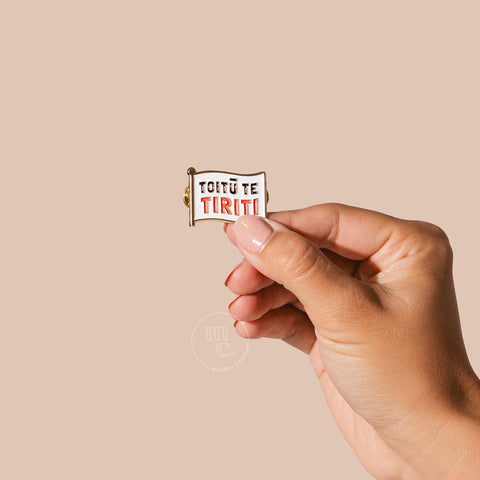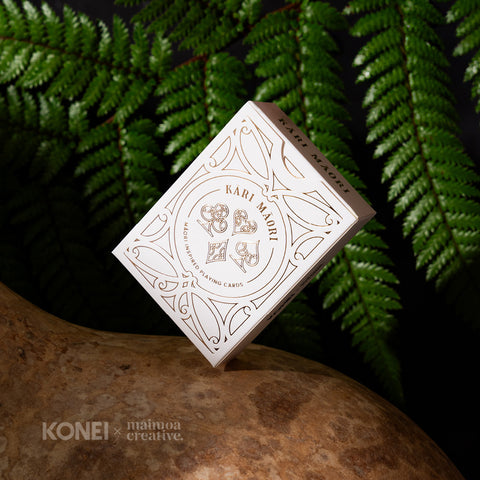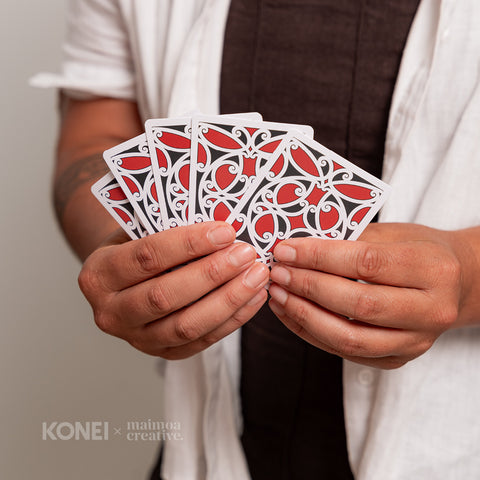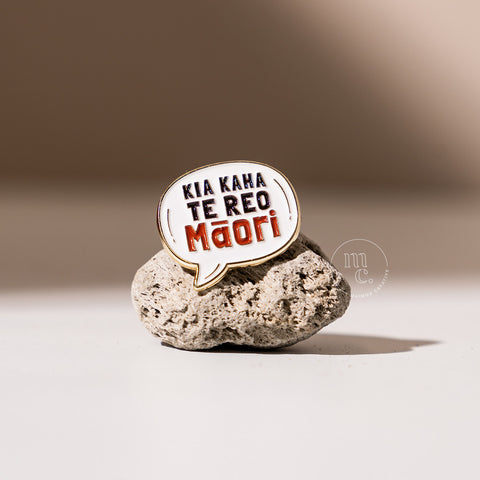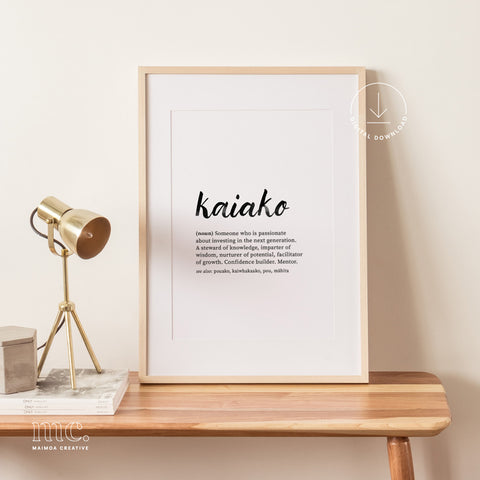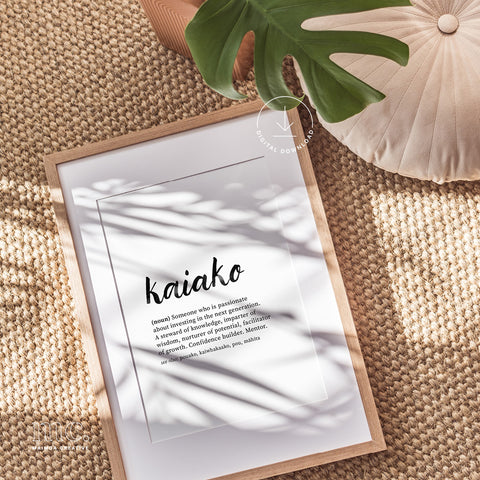You may have heard the term 'taking up space' a few times when it comes to Pākehā and tauiwi learning te reo Māori. But what does it mean, and why is it important for non-Māori to be aware of how their learning journey can impact Māori on theirs?
Being intentional about not ‘taking up space’ in contexts where tauiwi are learning te reo alongside Māori learners is an important part of the journey to becoming an effective tangata tiriti (treaty partner).
The term ‘not taking up space’ can be interpreted in many ways, but essentially it means not detracting from Māori on their learning/reclamation journey, and focussing on fostering a safe space for them to thrive.
Below are a few points that have been summarised after many of our followers shared their perspectives on the kaupapa when we opened it up for discussion on our Instagram stories.
How to 'not take up space':
1. Do your homework.
It might just seem like ‘learning another language’ to you, but it is important to understand the cultural significance and recognise the historic context of te reo Māori. Pākehā take it in, while Māori are getting it out. It can be a traumatic experience for some, and it’s important to learn the history attached to the language to recognise your position of privilege and understand why your journey is so significantly different to that of your Māori classmate.
2. Foster a safe space for your Māori classmates to feel confident and thrive.
Don’t be that fulla that is always the first to answer a pātai in class, even if you know the answer. Your Māori classmates might be overcoming layers of inter generational trauma and shame, so give them the time and space to answer and build their confidence. It doesn’t mean don’t try your best. Just, give others a chance.
3. Don’t get so hung up on the little details.
So often eager learners are keen to just dive in and understand the linguistic details like grammar and sentence structures — trying to make sense of it from an English perspective. You can’t put te reo in a box — it’s a language of its own. Poetic, metaphoric, rich in nuances and idioms. Some things you need to just accept, without taking up the kaiako’s precious time explaining why it doesn’t fit English structures.
4. Listen to understand.
Soak up all te reo Māori has to offer. Don’t treat your learning as ‘professional development’, or a ‘skill to acquire’. Treat it as a privilege, and an experience to become a better treaty partner.
Learning the language also means learning about the culture. Tikanga (customs), waiata (songs), karakia (prayers), pūrākau (legends) — they all make up te ao Māori, and your experience will be richer for placing importance on learning them as well.
5. Be respectful & show humility.
Although you are in a learning setting, leave the correcting up to the kaiako. Resist the urge to correct your Māori classmate’s grammar or errors (unless asked), as this can cause more harm than you think.
Focusing on your grades may help you excel, but understand that a lot of Māori aren’t there to get an A+ in their assignment. They just want their reo back.
Thank you.
Your desire to learn and support Māori is so appreciated and valued. Although a lot of these points can feel loaded and potentially discouraging, please know that it comes from a place of aroha, with the desire to nurture spaces where both Māori and tauiwi can flourish in their learning together, as tangata whenua and tangata tiriti. Thank you for your efforts to support Māori in reclaiming and revitilising their language and culture.
—
Photo credit: Diva Plavalaguna




